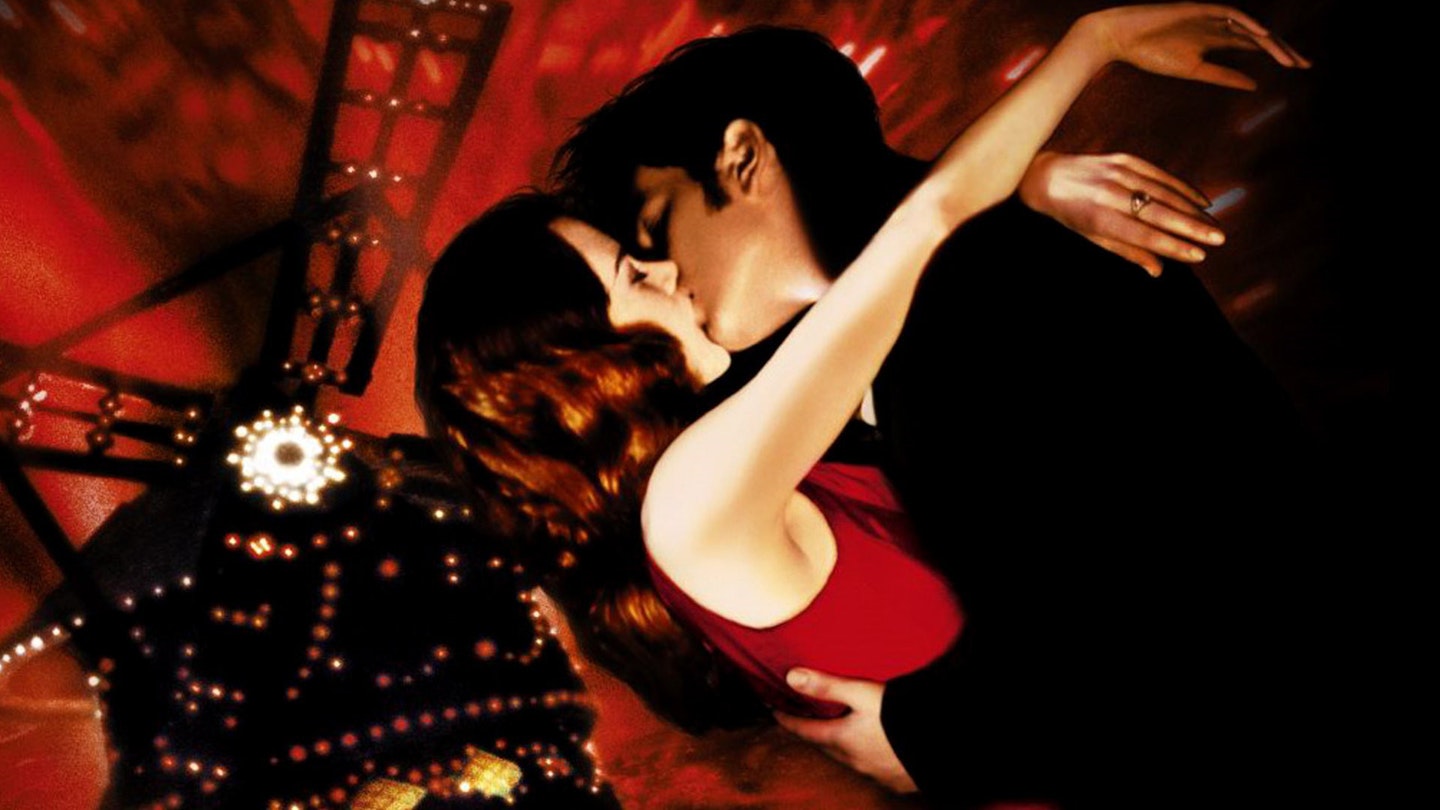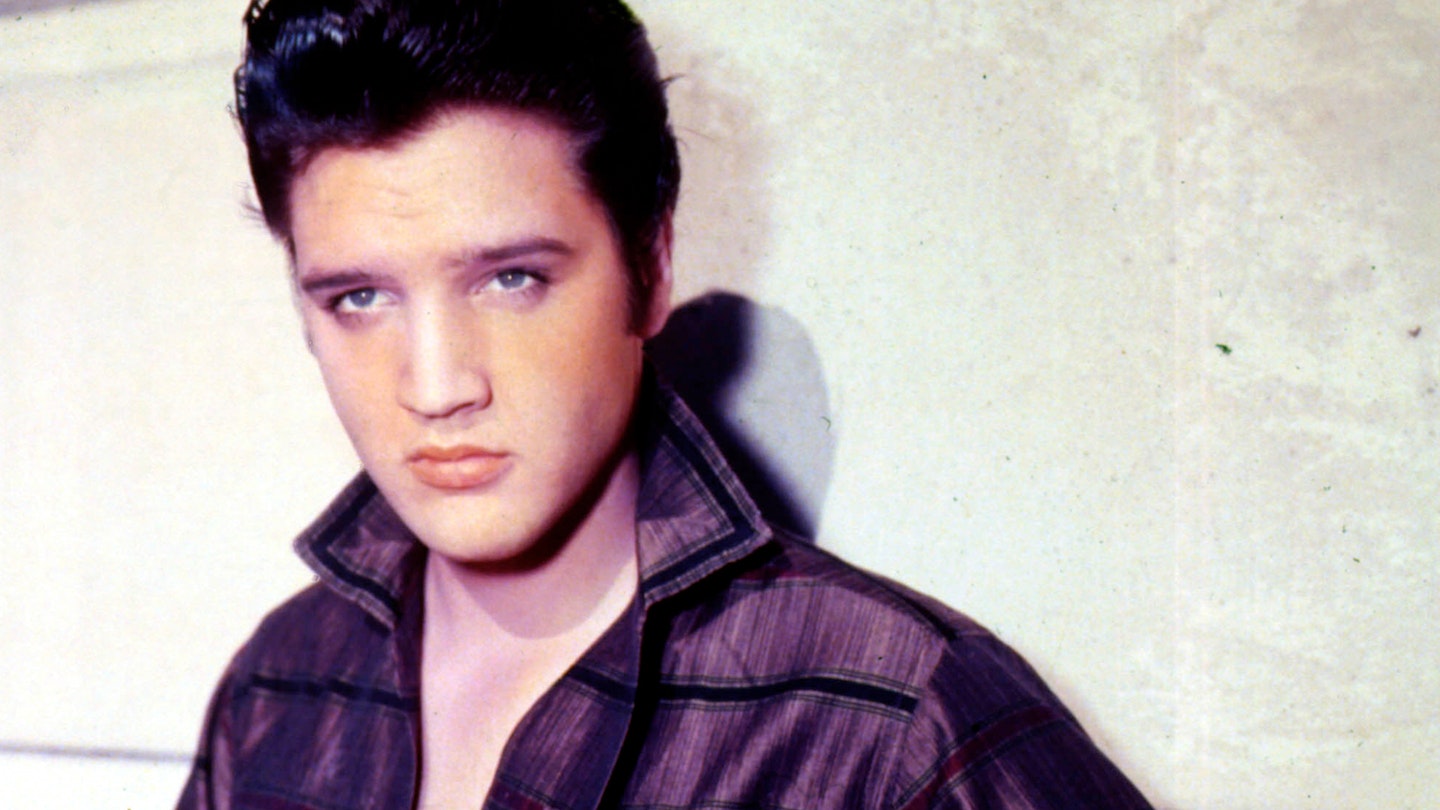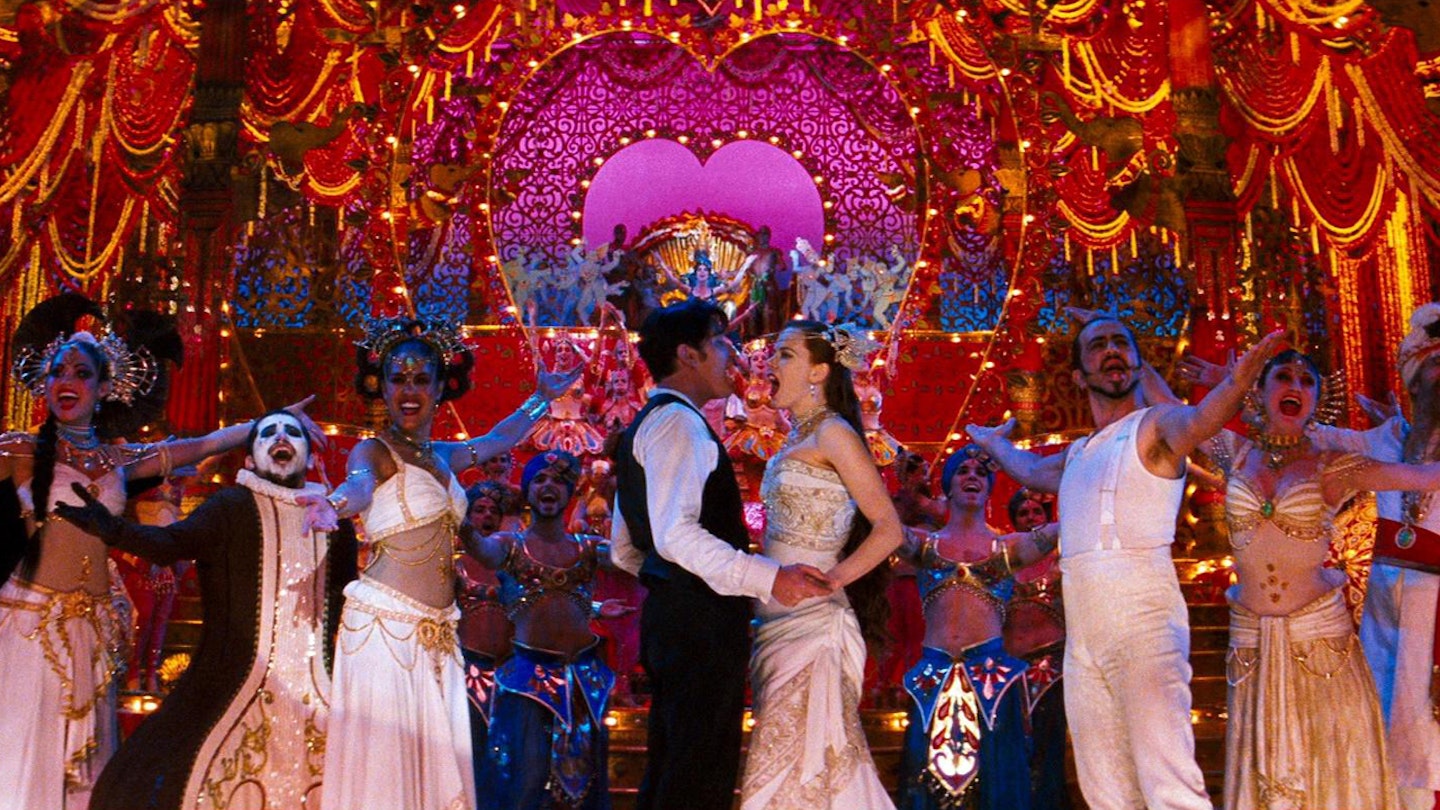A glorified (literally) arthouse musical, but a delightfully quirky, irresistably intoxicating one at that. Elaborating the self-consciously artificial 'Red Curtain' technique that he developed in his first two films, Luhrmann has created a natural successor to the hyper-kinetic Romeo + Juliet, upping the ante in just about every way and making even that seem muted in comparison.
Drawing from influences as diverse as Bollywood to grand opera, the result is a gaudy, opulent, invigorating spectacle that, while committing to celluloid some of the kitschest moments in 'mainstream' film history, never loses sight of its muse - as Peter Cetera (sadly not one of the artists reworked on the soundtrack) might say, the glory of love.
Shakespearean in its structure and emotional simplicity, the plot - while confusing for the first half hour - sees idealistic poet Christian (McGregor) and courtesan Satine (Kidman) battle the slings and arrows of outrageous fortune in the pursuit of their passionate, secret love. Around, above, beneath them revolves a cacaphony of dancing girls, freaks, dastardly villains and slippery characters, Absinthe-d up to the eyeballs and camping it up for all they're worth.
Amongst all this decadence, it's all credit to Luhrmann - and especially his two leads - that Satine and Christian's affair remains so convincing. Kidman and McGregor have that rare thing, real chemistry, and each gives a superb, profoundly moving performance. Supporting characters are perhaps less rounded - John Leguizamo's Toulouse-Lautrec is amusing but doesn't really do much, Richard Roxburgh's evil Duke is somewhat one-dimensional - but these quibbles are minor and do nothing to spoil the experience.
And, of course, gluing it all together are the songs, gloriously revamped classics and contemporary pop songs from Rodgers and Hammerstein to Lennon and McCartney, by way of Elton John, Dolly Parton and David Bowie. What could have gone so embarrassingly wrong in fact turns out to be Luhrmann's true triumph - thankfully Ewan and Nicole CAN sing - highlights including a po-faced Jim Broadbent rendition of Like A Virgin, and a bravado Diamonds Are A Girl's Best Friend. And watch out for a charming cameo from a rather special guest.


